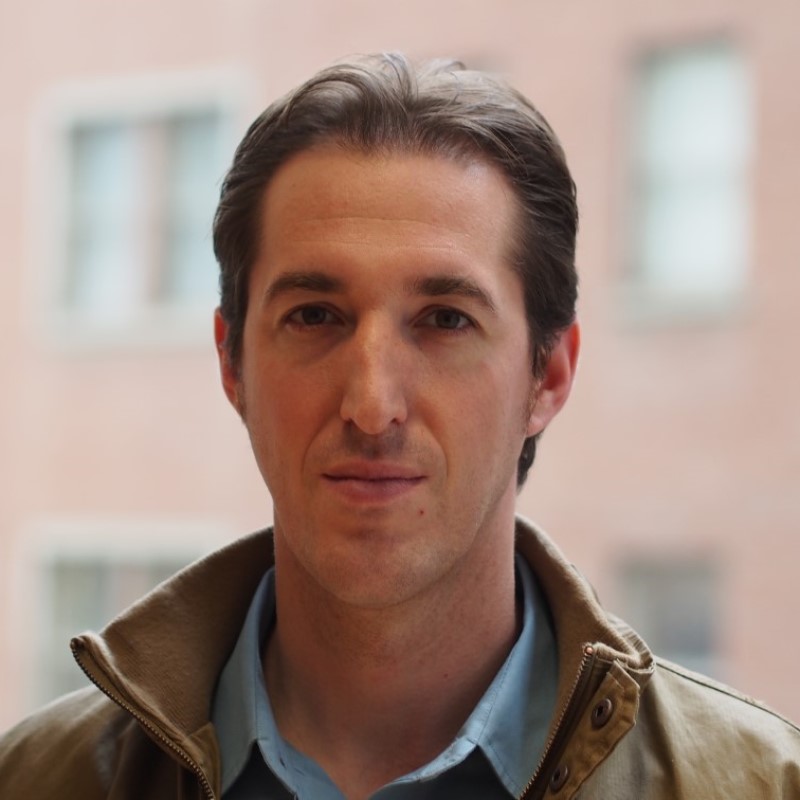The Empire Club of Canada




Wednesday, May 4, 2022
The Empire Club of Canada Presents:
Health Care Delivery to Ontario’s Northern Remote Indigenous Communities During the COVID-19 Pandemic
The Covid-19 pandemic has strained Ontario’s health care system over the past two years as hospitals and health care professionals struggled to support patients in every corner of the province, despite increase workloads and persistent staffing shortages.
As Ontario appears to be turning the corner with regards to this last Omicron wave, there remains an urgent and under-reported crisis in northern and remote communities in Ontario. Remote and indigenous communities continue to face challenges accessing basic and emergency medical care, and this problem has been worsened during the pandemic because of the burn out of health care professionals.
This panel will explore some of these stories and how these communities were supported during the pandemic. More importantly, this panel will reflect on the urgent need for improving health care delivery to these underserviced areas of the province.
*The content presented is free of charge but please note that the Empire Club of Canada retains copyright. Neither the speeches themselves nor any part of their content may be used for any purpose other than personal interest or research without the explicit permission of the Empire Club of Canada.*
*Views and Opinions Expressed Disclaimer: The views and opinions expressed by the speakers or panelists are those of the speakers or panelists and do not necessarily reflect or represent the official views and opinions, policy or position held by The Empire Club of Canada.*

Dr. Isaac Bogoch is an Associate Professor at the University of Toronto in the Department of Medicine, and an Infectious Diseases specialist at the Toronto General Hospital with a focus on tropical diseases, HIV, and general infectious diseases. He completed medical school and Internal Medicine residency training at the University of Toronto, and then specialized in Infectious Diseases at Harvard University. He holds a Master’s Degree in Epidemiology from the Harvard School of Public Health, and has completed fellowships in both Tropical Infectious Diseases and HIV care.
Dr. Bogoch works at the intersection of clinical medicine, epidemiology, public health, and policy. He divides his clinical and research time between Toronto and several countries in Africa and Asia.

Alvin Fiddler was born in Sioux Lookout and raised in Muskrat Dam First Nation. He left his community at age 13 to attend high school in Sioux Lookout and Thunder Bay and studied business management at the University of Lethbridge.
In the early 1990s Alvin helped his family establish a fishing and hunting camp in their traditional territory in Two Rivers. From 1990-1993 he served as the first Executive Director of the Tommy Beardy Memorial Family Treatment Centre in Muskrat Dam, a residential treatment program for families.
Alvin served as Deputy Chief of Muskrat Dam from 1993-1998. He served as Health Director at Nishnawbe Aski Nation from 1998 until his election to the Executive Council in 2003. He served consecutive terms as Deputy Grand Chief before joining the Truth and Reconciliation Commission as Manager of Regional and Ontario Regional Liaisons in 2010. He was elected Deputy Grand Chief again in 2012 and Grand Chief in 2015-2021. As Grand Chief, Alvin’s priorities focused on launching the health transformation initiative, infrastructure, Choose Life, and NAN’s COVID-19 response and the trilateral process, which led to NAN Hope, a field hospital, and public health nurses for NAN territory.
Alvin has led justice initiatives including the Goudge and Kashechewan inquests, and the joint inquest into the deaths of seven NAN youth in Thunder Bay. He co-chaired the Debwewin Jury Review Implementation Committee for the implementation of the recommendations from the Hon. Frank Iacobucci’s report on First Nations representation on Ontario juries. Alvin was awarded honorary Doctor of Laws by the Upper Laws Society of Canada.
Alvin’s father Moses witnessed the signing of the Treaty No. 9 adhesion in Kitchenuhmaykoosib Inninuwug in 1929. He maintains the belief of the Elders that we never surrendered our jurisdiction over the land.
He lives in Thunder Bay in the Robinson Superior treaty territory with his wife Tesa and two children, Jace and Allison.

Homer Tien is the President and CEO of Ornge, Ontario’s Air Ambulance, since January 2020. In December 2020, he was appointed to Ontario’s Covid-19 Vaccine Distribution Task Force, and in April 2021 was appointed Chair of the Task Force. With Indigenous leaders he co-led Operation Remote Immunity, the provincial vaccination program for remote Indigenous communities. He also led Ornge during Wave 3, when Ornge helped create ICU capacity in the GTA by moving over 1000 critically ill and injured Ontarians to ICU beds in other cities.
Homer is a practicing trauma surgeon at Sunnybrook Health Sciences Centre, an Associate Professor of Surgery at the University of Toronto and holds a Trauma Research Chair. He was previously a Colonel in the Canadian Armed Forces (CAF), and advised the CAF on trauma and surgical care during the Afghan War. He has served with the Royal Canadian Regiment and with Canadian Special Operations Forces as a medical officer and has deployed multiple times to the former Yugoslavia and Afghanistan as a combat surgeon.

Willow Fiddler is a national news reporter for The Globe and Mail, covering northern Ontario and Manitoba. Prior to joining The Globe, she was a video journalist for Aboriginal Peoples Television Network National News reporting in Thunder Bay. She is a three-time finalist for the Canadian Association of Journalists awards and the recipient of the 2017 Emerging Indigenous Journalist award.
Ms. Fiddler is passionate about stories and issues that impact Indigenous people and communities, particularly in the North.